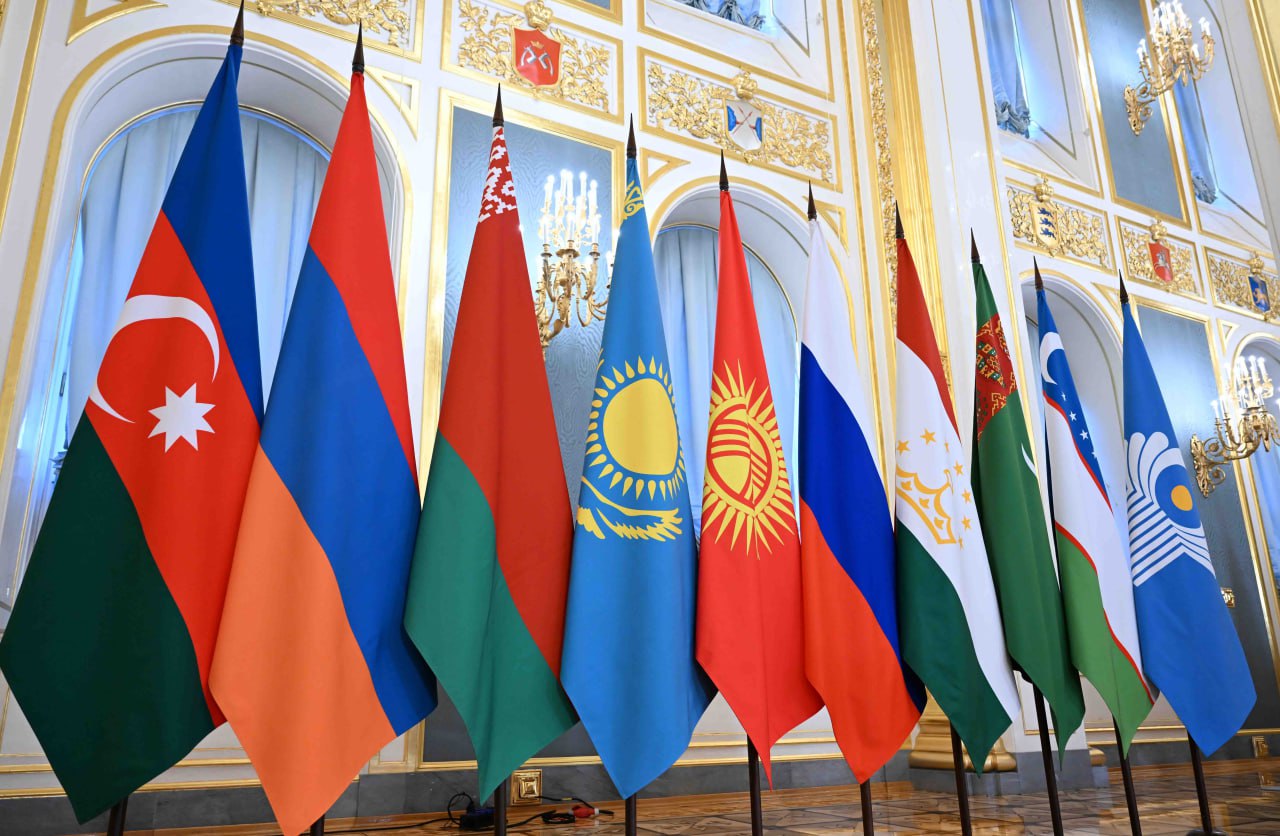BAKU, Azerbaijan, October 10. On October 10, the Council of Heads of CIS States will meet in Dushanbe. The agenda includes familiar but no less important issues: strengthening economic cooperation, ensuring food and energy security, developing humanitarian ties, and advancing digital transformation. However, the central focus of the summit will be a new stage - the 'CIS+' format.
First proposed by Kazakh President Kassym-Jomart Tokayev in October 2024 in Moscow, the initiative envisions expanding the CIS platform to include third-party partners and observers. In effect, the organization is looking to replicate the successful model of the SCO and BRICS, transforming itself from a closed club into an open, inclusive platform.
"The CIS’s authority on the global stage is growing. Last year, observer and partner statuses were introduced, demonstrating the organization’s maturity. Building on this, I propose we consider the 'CIS+' format," Tokayev said. He emphasized that the new format would serve as a foundation for expanding regional ties and enable coordinated efforts in the economy, security, and humanitarian areas.
'CIS+' could turn the Commonwealth into a tool not only for dialogue but for concrete projects. Member states could jointly develop transport corridors, energy networks, digital technologies, and humanitarian initiatives. This move would strengthen the CIS’s influence in Eurasia and enhance its international profile.
Active participants in the new format could include countries that have already proven themselves as drivers of regional integration. Azerbaijan, now a key economic and transport hub in Central Asia, demonstrates how a country can unite the region around energy, investment, and trade projects. Baku’s strategy aims to create a unified space of stability and growth stretching from the Caspian to Europe.
Uzbekistan also plays a major role, actively promoting practical initiatives within the CIS in recent years - from transport routes to innovative projects. Tashkent’s proactive approach shapes the overall cooperation agenda and sets the tone for the Commonwealth’s renewal.
Kazakhstan continues to strengthen transport corridors, trade, and technological links, while Turkmenistan shows that neutrality can coexist with an active economic agenda and broad cooperation with partners.
The creation of the 'CIS+' format comes at a time when international organizations are gaining influence across Eurasia. For Russia and other key CIS members, it offers a chance to solidify their positions and elevate cooperation to a new level, especially amid a complex global environment.
If successfully implemented, 'CIS+' could transform the Commonwealth from a forum for dialogue into a platform for concrete projects, new economic connections, and international collaboration. The "open-door" approach could turn the CIS from a familiar club of states into a dynamic, action-oriented organization capable of influencing regional development and expanding international ties.
In this sense, the Dushanbe summit could become a turning point for the Commonwealth: the 'CIS+' format will engage external partners and give fresh momentum to regional integration.







